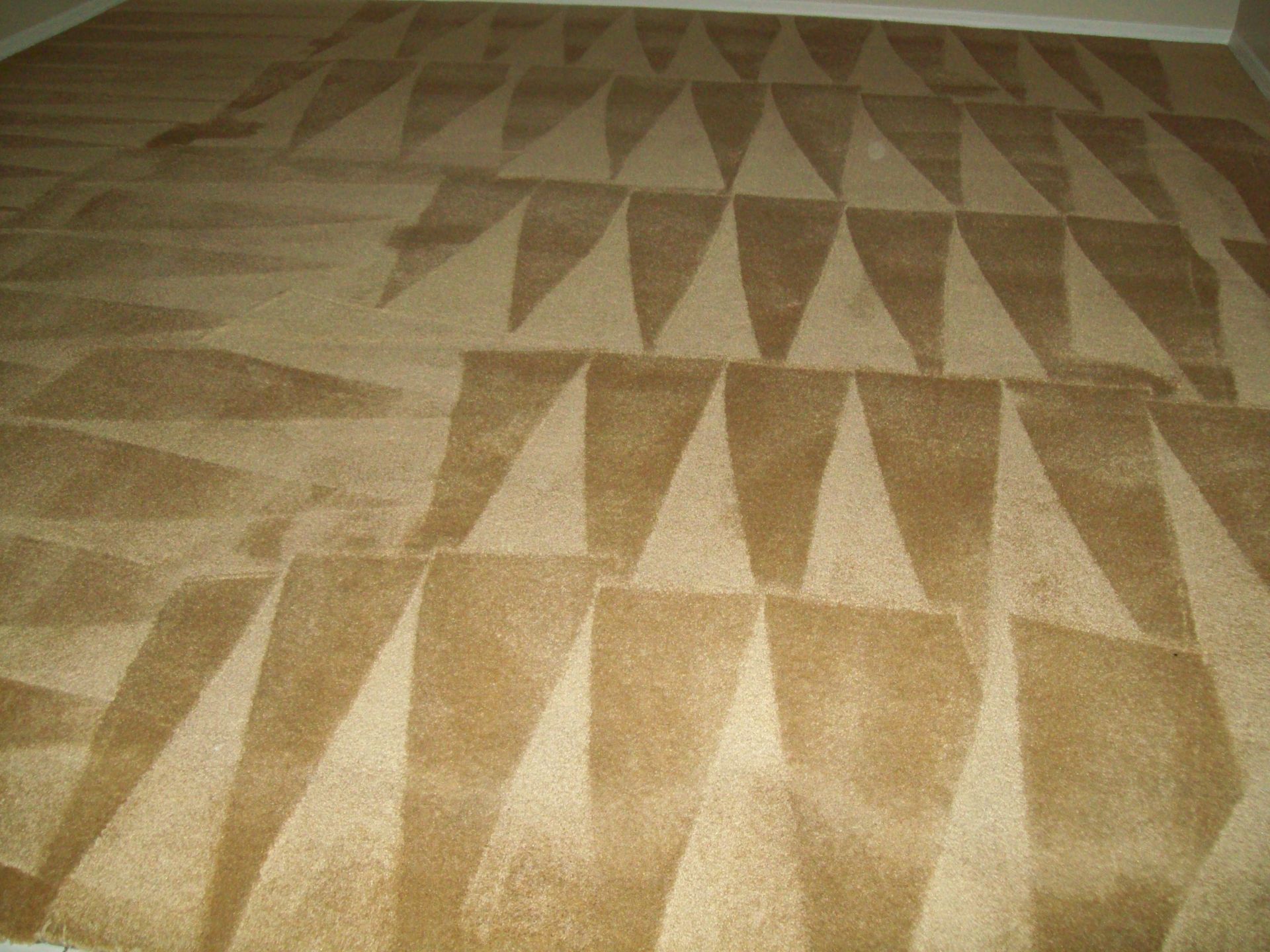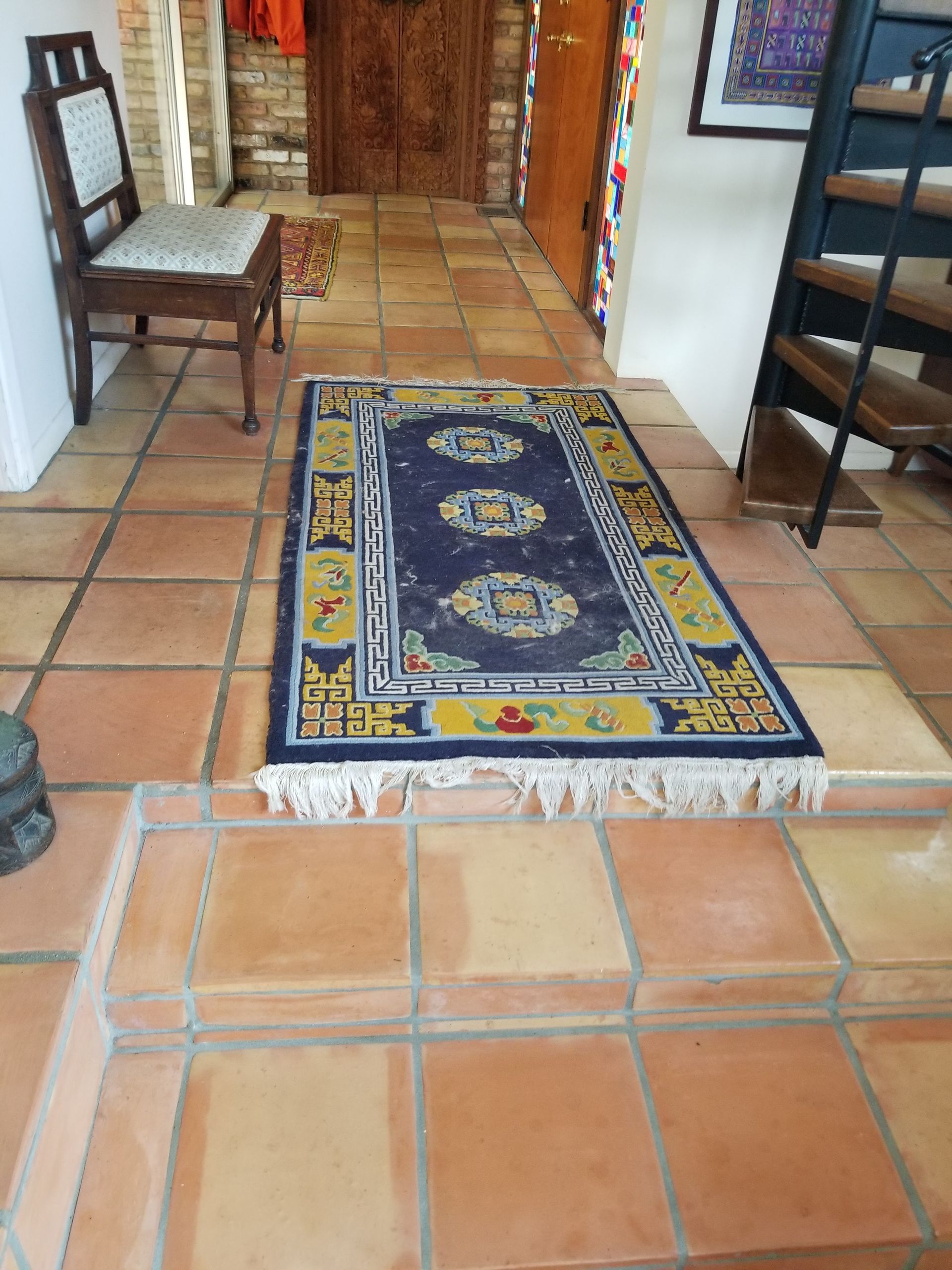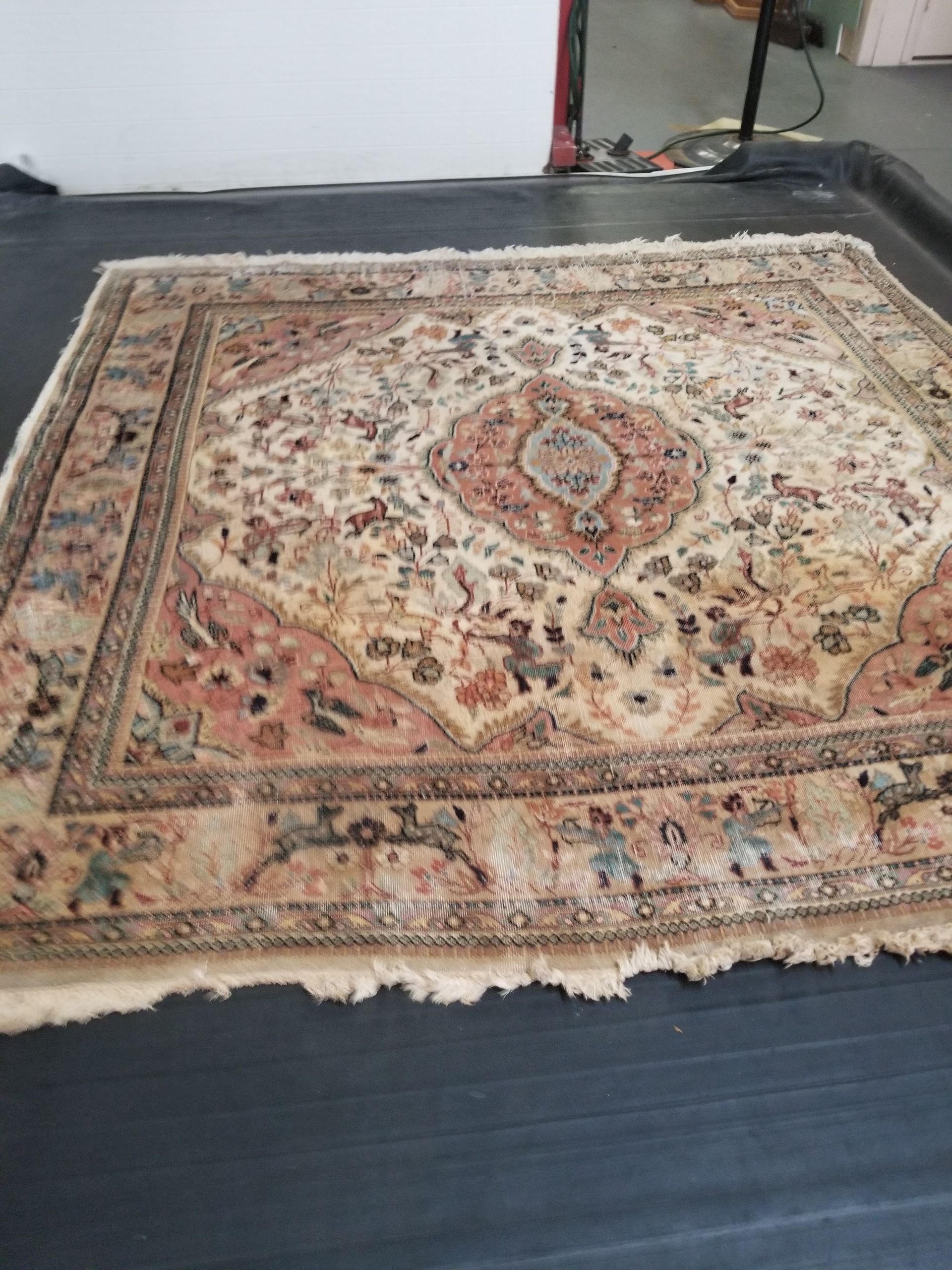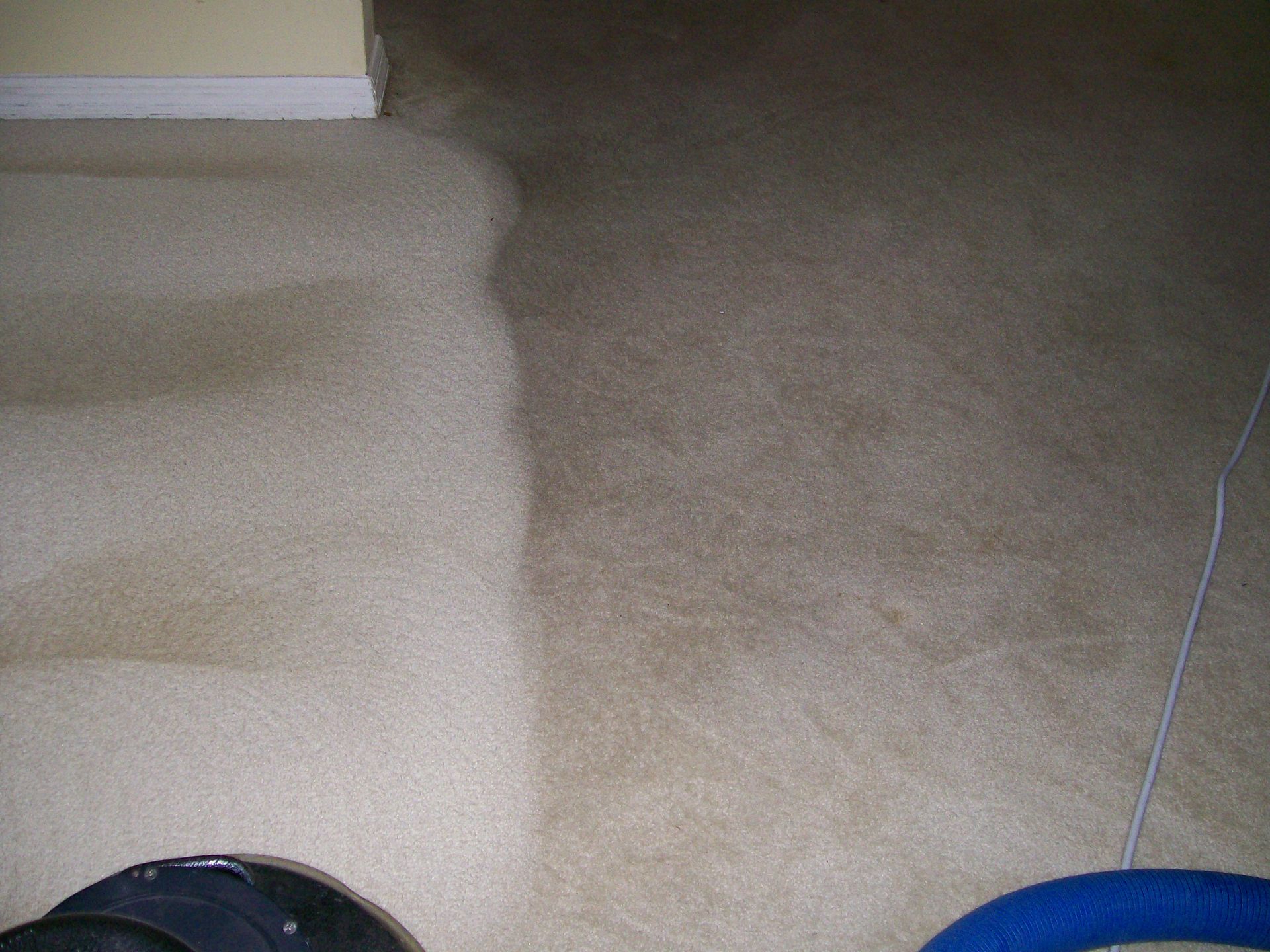Is my carpet a filter?
Corey Pellerin • May 29, 2024
Is my carpet a filter?

The answer is yes,
Carpet acts as a filter by trapping air pollutants such as pollen, fungi, chemicals, bacteria, cigarette smoke, and more within the fibers. Carpet is considered the largest air filter in the home, capturing pollutants like fungus spores, dirt particles, pollen, and pet dander that would otherwise circulate in the air.The fibers of the carpet trap these contaminants, preventing them from being released into the air you breathe. This is evidenced by the "filtration lines" - thin black lines that form along the edges of the carpet where it meets the baseboards, showing how the carpet filters out pollutants as air circulates.However, carpets cannot effectively filter air indefinitely. Over time, they become saturated with trapped pollutants and contaminants. If not cleaned regularly through vacuuming and professional deep cleaning, the carpet will release these pollutants back into the air, degrading indoor air quality.
Maintaining Carpet's Filtering Ability
- To ensure your carpet continues acting as an effective air filter: Vacuum regularly to remove surface dirt and pollutants from the fibers.
- Have carpets professionally deep cleaned at least once a year to remove deeply embedded contaminants that vacuuming cannot.
- Use soap-free, green carpet cleaners which are chemical-free, environmentally friendly, and leave no toxic residues.
By regularly cleaning your carpets, you allow them to keep trapping new pollutants instead of releasing accumulated contaminants into your indoor air.
You might also like
Book a Service Today
Thank you for contacting us.
We will get back to you as soon as possible
We will get back to you as soon as possible
Oops, there was an error sending your message.
Please try again later
Please try again later
Location
Call
© 2025
Mainstreet Cleaning & Restoration



